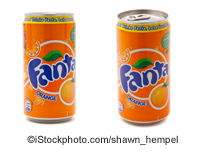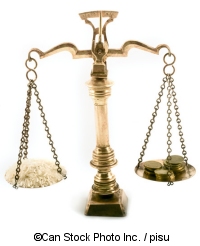 Fanta, the orange fizzy drink produced and distributed by the Coca-Cola Company, is known throughout most parts of the world. And yet how many people know that the drink originated in Germany?
Fanta, the orange fizzy drink produced and distributed by the Coca-Cola Company, is known throughout most parts of the world. And yet how many people know that the drink originated in Germany?
I was fascinated by the story when I read it for the first time.
During the Second World War it was not possible for the German Coca-Cola subsidiary to import the raw materials necessary to make the original Coca-Cola drink.
Faced with the problem of not having a product to sell, the German bosses came up with an alternative product made from what was available at the time. The name “Fanta” stems from the German word Fantasie (fantasy).
Amongst the products used were the leftovers from cider and cheese production!
I do wonder how many other things that are known worldwide were invented or discovered in Germany, without that fact about them being well known. Two that spring to mind – although they are almost 100 years apart – are X-Rays (by Wilhelm Conrad Röntgen) and the MP3-format (by the Fraunhofer Institut).
Any more suggestions?
 It must be a sign of the times, that Chinese buffets have started asking their customers not to waste food.
It must be a sign of the times, that Chinese buffets have started asking their customers not to waste food. However, the term is actually a registered trademark: Spezi® and belongs to an organisation called the “
However, the term is actually a registered trademark: Spezi® and belongs to an organisation called the “

